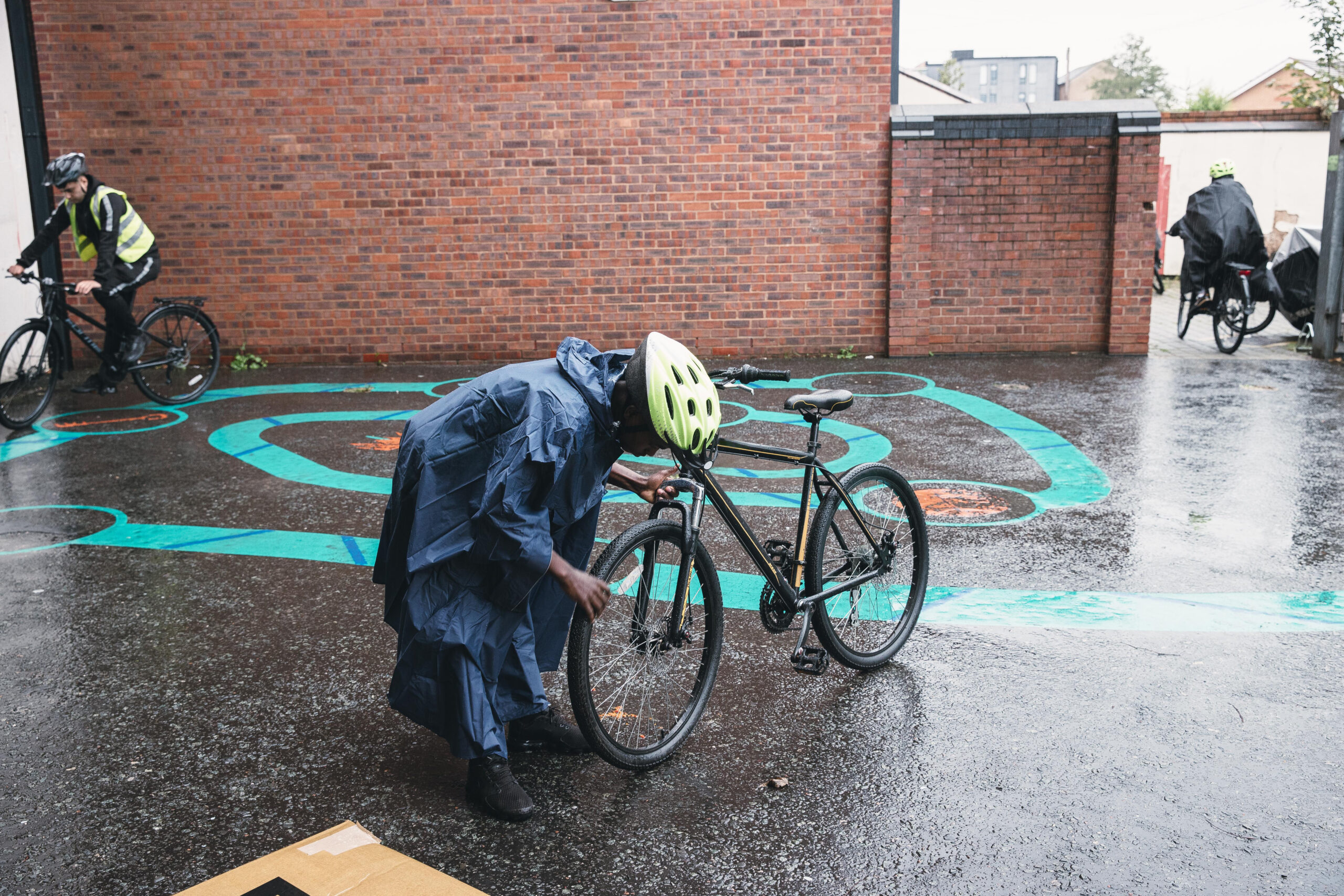Why income and jobs matter for health
Learning and Work Institute is partnering with Health Equals to develop innovative policy solutions to ensure that jobs promote health and support people to be able to work regardless of their circumstances.
Poor health leaves people unable to work, and poor-quality work leads to poor health
There has been a lot of public discussion about the ongoing recruitment crisis that is caused in part by thousands of people leaving the labour market since the start of the COVID-19 pandemic. Today, 9 million working-age people are economically inactive – with 28% of them not working or looking for a job because of temporary sickness or long-term mental and physical health conditions or disabilities.
The sharp rise in the number of people with long-term sickness reflects an ageing workforce, the impacts of the pandemic, and lengthy NHS waiting lists. In addition, there are huge geographic variations in long-term sickness: the proportion of working-age people economically inactive due to long-term sickness varies from 1 in 100 in parts of Surrey, to 1 in 7 in parts of Merseyside. Learning and Work Institute (L&W)’s latest analysis Missing Workers also highlights stark gender and class divides in the reasons why people aren’t working or looking for a job, with lower-paid workers more likely to have stopped working due to health reasons.
This reciprocal relationship is starting to be noticed
This key relationship between work and health has not gone unnoticed by politicians, who are looking at how to support more people into work to fill vacancies and boost economic growth. We expect the Chancellor to make announcements about economic inactivity in the Spring Budget on 15 March 2023, with new policy initiatives likely to focus on helping people with health conditions move into or stay in work.
What responsibility do employers have to encourage better health among their employees, including offering jobs that are flexible to their needs? How can we better encourage high-quality work that is associated with better health?
The pandemic has also opened up wider conversations about the role of employers in promoting health. What responsibility do employers have to encourage better health among their employees, including offering jobs that are flexible to their needs? How can we better encourage high-quality work that is associated with better health?
But questions remain over the best ways forward. Can social prescribing help people move into work? How can we make positive changes in the face of a cost-of-living crisis and an economic downturn?
An exciting new opportunity to influence change
The connections between health, wellbeing, income and work are now firmly on the policy agenda across the UK. L&W is pleased to receive funding from Health Equals to take forward this important programme. We are appointing a Policy Manager to build an evidence base, work with Health Equals members, employers and partner organisations to develop policy solutions and influence political thinking. We will be focusing on two areas: ‘good’ or ‘healthier’ work, and better pathways into sustainable work for disabled people or people with health conditions.
An environment with many opportunities to make positive changes
Over the next year there will be many opportunities to influence policy and practice. We are expecting a white paper from the Department of Work and Pensions (DWP) on disability and health, which will provide an opportunity to look at policy and practice to address the disability employment gap, which now stands at 29.9 percentage points.
With a new minister for Youth Employment at the DWP working across government departments there is also a real opportunity to influence policy on youth employment and mental health, the latter being a substantial barrier to employment for young people.
We will also see mayoral combined authority elections in England in May 2024, and a general election at some point before January 2025. Health and the economy will be top issues that determine how people vote. Elections are a great opportunity to engage with candidates and deepen debates about work and health. We need to use these, and other opportunities to make the case for investment in initiatives that help people stay in work, but also to change the way we think about health, wellbeing and work.
Health and work should not just be a siloed ‘employment’ issue, but something that is centrally important to individuals, employers and whole communities.
As a long-term aim, L&W wants to work with Health Equals to help shift narratives and change social norms about good work. Health and work should not just be a siloed ‘employment’ issue, but something that is centrally important to individuals, employers and whole communities. If you share this aim and want to make a difference through working in partnership with others, please do apply.
Learning and Work Institute is an independent policy, research and development organisation, dedicated to lifelong learning, full employment and inclusion.



